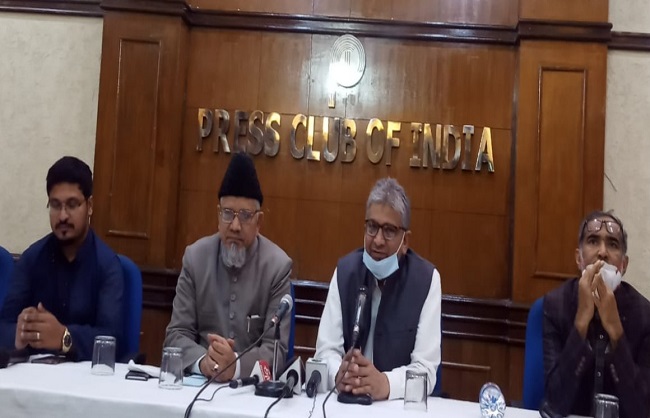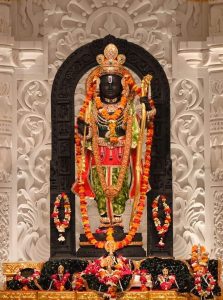Lucknow, July 6: The All India Muslim Personal Law Board (AIMPLB) has informed the Law Commission that it has submitted its objections to the Uniform Civil Code (UCC), requesting that “not just tribals, but every religious minority be kept out of the purview of such a law.”
The AIMPLB said that the substance of the notification was ambiguous, generic, and confusing and that the parameters for soliciting comments were lacking.
“It appears that such a major issue has been floated in the public domain in order to seek a referendum as to whether the general public’s reaction also reaches the Commission in either equally ambiguous terms, or in a ‘yes’ or ‘no’,” the AIMPLB said in a statement on Thursday.
The AIMPLB working committee accepted the draught answer produced on UCC at the executive meeting on June 27, and it was submitted for discussion in the board’s virtual general meeting on Wednesday. The Law Commission has given various parties and stakeholders till July 14 to register their objections to the UCC.
“We believe that not only tribals but every religious minority should be kept out of the purview of UCC,” stated AIMPLB spokesperson Qasim Rasool Ilyas. AIMPLB has always been opposed to the UCC.
It argues that imposing only one law in the name of UCC in a country like India, where people of various religions and cultures coexist, is a breach of democratic rights.
In its response, the board stated, “Majoritarian morality must not supersede personal laws, religious freedom, and minority rights in the name of a code that remains a mystery.”
Maulana Khalid Rasheed Farangi Mahali, an AIMPLB member, stated, “All members of the Board have unanimously opposed UCC. In the country, there is no need for UCC. The problem affects all religious and tribal groupings, not just Muslims. The 21st Law Commission said five years ago that the country does not require UCC.”
According to an AIMPLB statement, UCC was used for political and propaganda purposes. “The 21st Law Commission examined the issue and concluded that UCC is neither necessary nor desirable. It’s surprising to see the commission soliciting public opinion without a plan,” it continued.
“Our nation’s most important document, the Constitution of India, is not uniform in nature, prudently and with the intention of keeping the country united. Varied national territories have received varied treatment. Varied communities have been given varied rights. Varied religions have received varied concessions,” according to the statement.
“Since the publication of the 21st Law Commission’s consultation report, the government has been completely silent on whether it has accepted it, in whole or in part. The government has not stated what actions it has taken to interpret the 21st Law Commission’s findings. If it had rejected the entire or portion of the 21st Law Commission’s findings, it had not stated why,” it noted.





